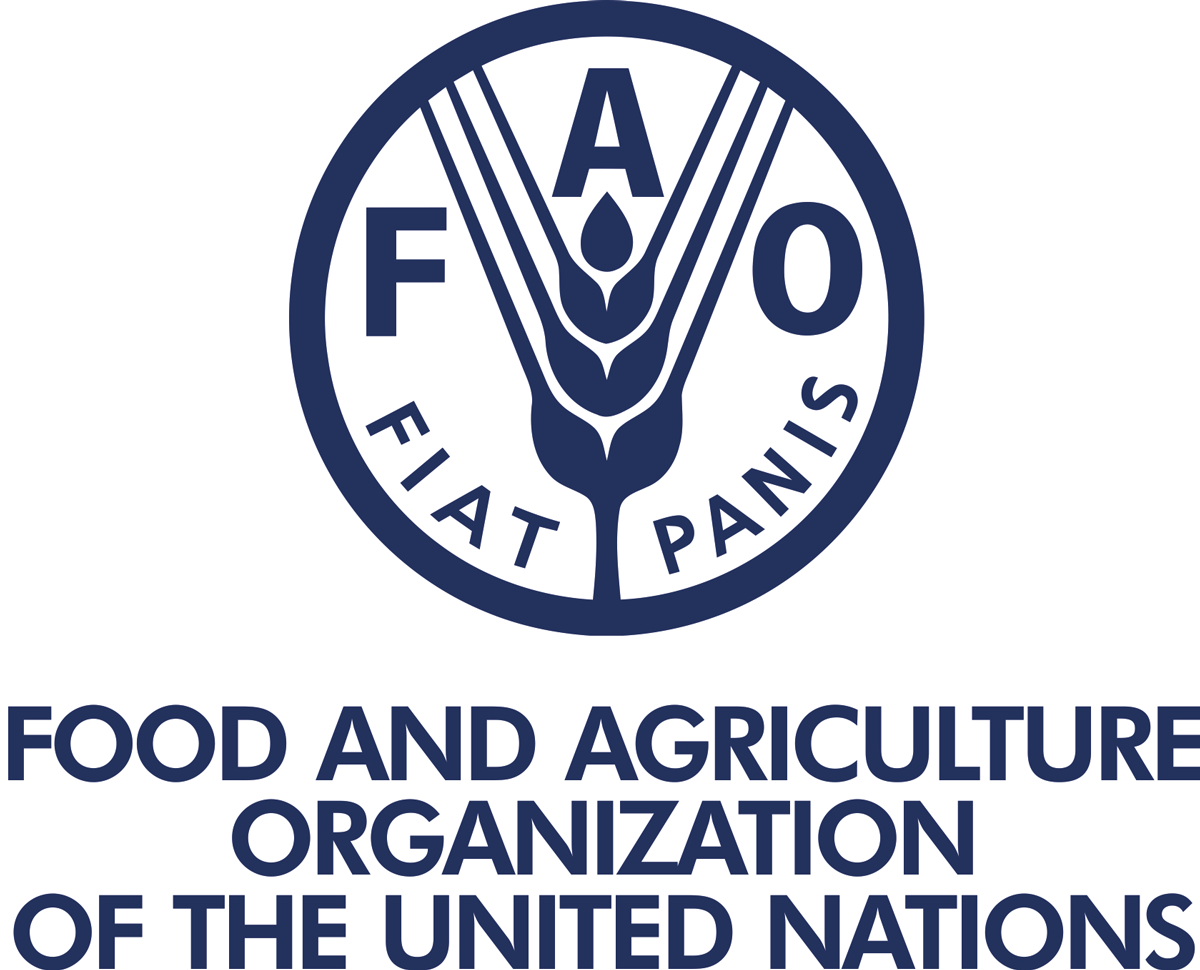Approximately 12.1 million Nigerians are expected to be faced with a food security crisis next year.
The United Nations Food and Agriculture Organisation (FAO), the United Nations Children’s Fund (UNICEF) and the World Food Programme said this in a joint statement Thursday.
They said this was due to the conflict in the North East and the economic impact of the COVID-19 pandemic.
They cited the October 2021 food security and nutrition analysis, known as the Cadre Harmonise conducted in 20 states across the country and the Federal Capital Territory.
The analysis also shows that about 19 percent of affected households were in Borno, Adamawa and Yobe States.
The analysis showed that the number of people in critical or worse phases of food insecurity might increase to about 16.9 million unless efforts were made to scale up and sustain humanitarian support and other government interventions for livelihood recovery and resilience.
The states analysed included Abia, Adamawa, Bauchi, Benue, Borno, Cross[1]River, Edo, Enugu, Gombe, Jigawa, Kaduna, Kano, Katsina, Kebbi, Lagos, Niger, Plateau, Sokoto, Taraba and Yobe as well as FCT.
The analysis also estimated that in Borno, Adamawa and Yobe States, which were the most affected by the prolonged armed conflict, 2.4m people were currently in the crisis phase or worse and need urgent assistance.

 Join Daily Trust WhatsApp Community For Quick Access To News and Happenings Around You.
Join Daily Trust WhatsApp Community For Quick Access To News and Happenings Around You.

